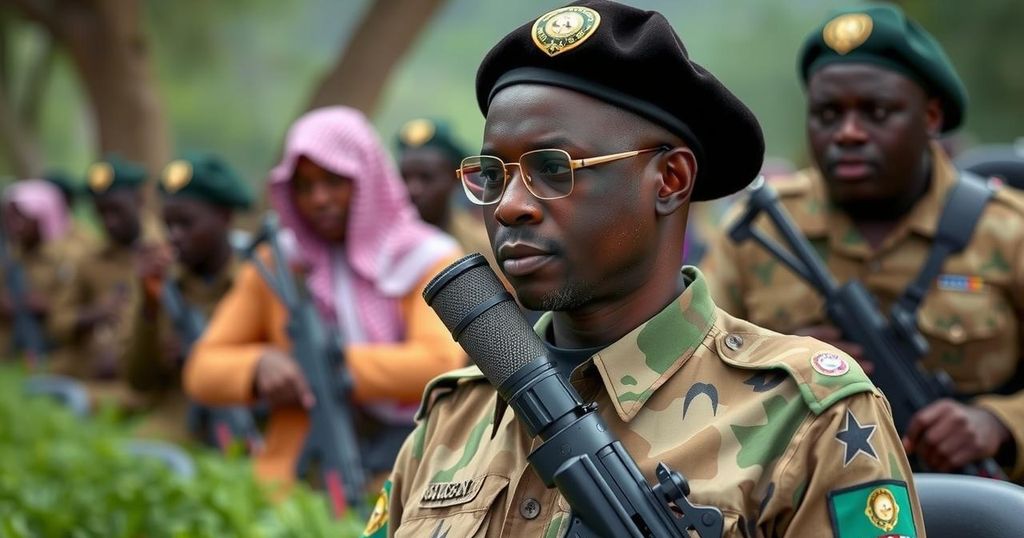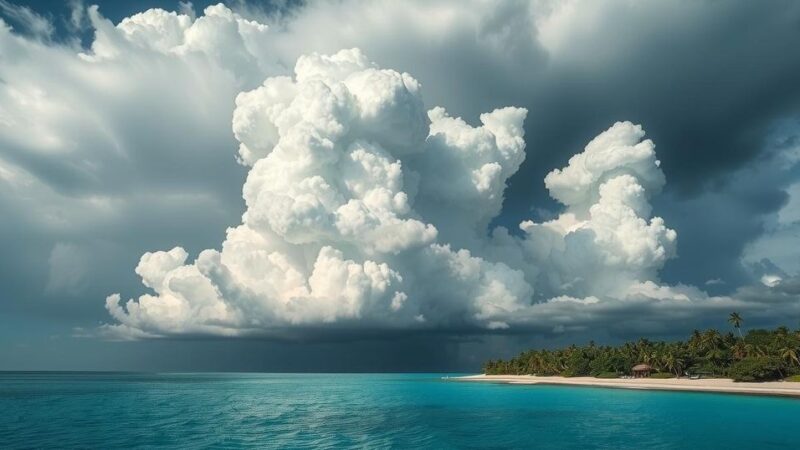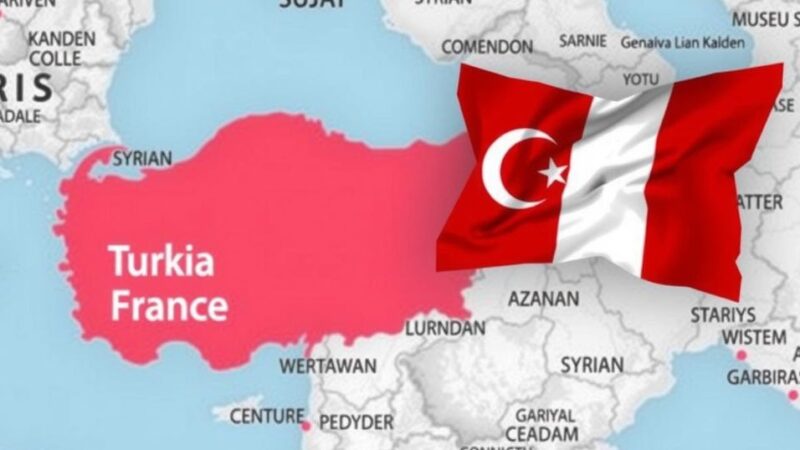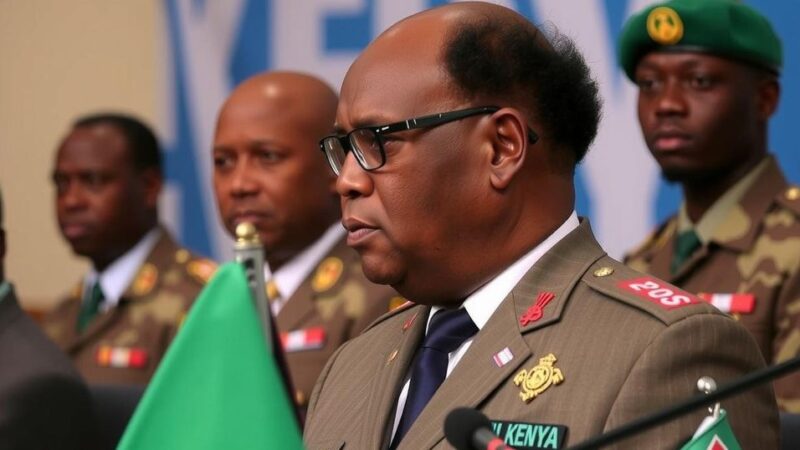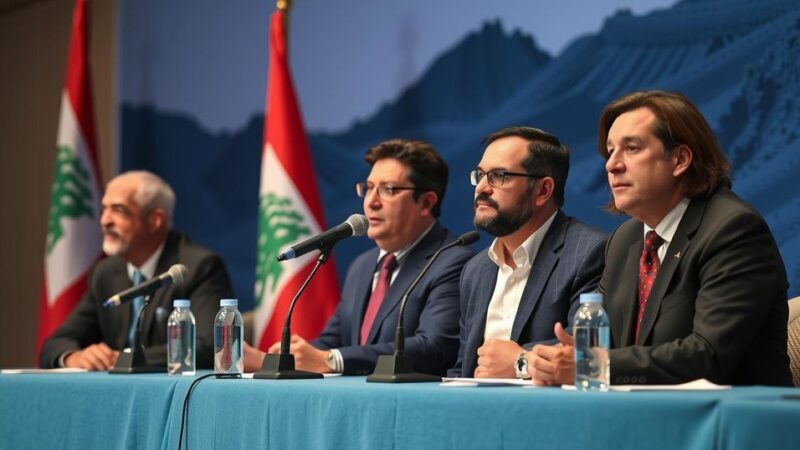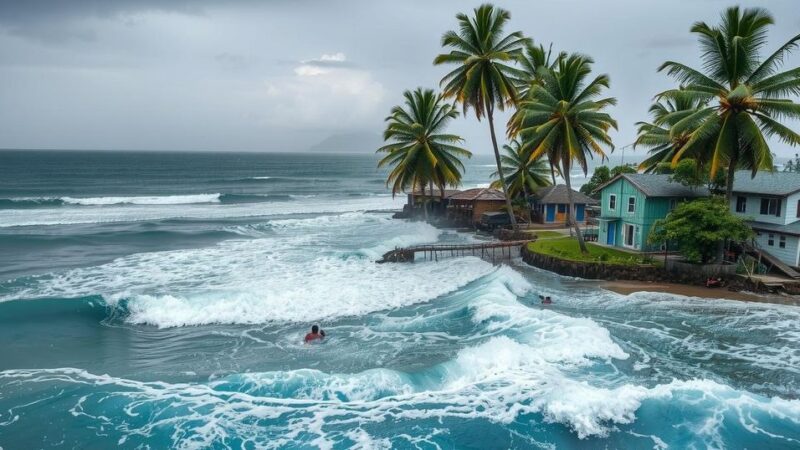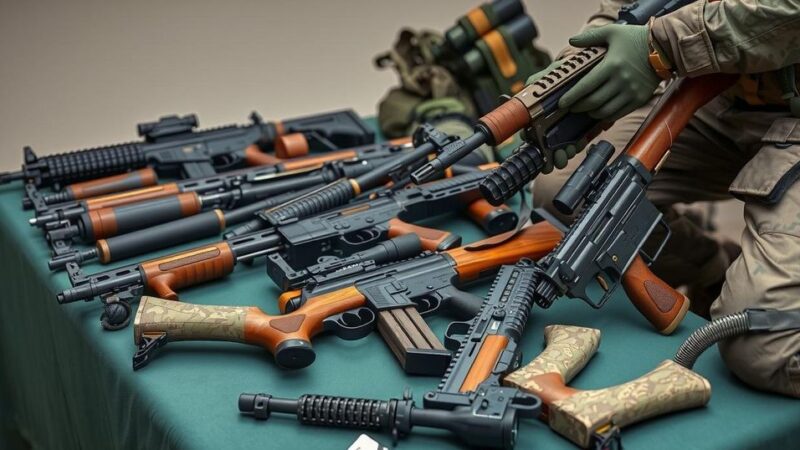The Congolese government has banned Al Jazeera after its interview with M23 rebel leader Bertrand Bisimwa, accusing the network of engaging with a terrorist figure without proper accreditation. In addition, Justice Minister Constant Mutamba warned journalists reporting on the rebels of severe consequences, including the death penalty, amid ongoing concerns regarding media freedom and state censorship. The ban has sparked criticism from opposition voices and media advocates.
On Thursday, the Congolese government banned the Al Jazeera news network following the airing of an interview with Bertrand Bisimwa, the leader of the M23 rebel group, which has recently made territorial gains in eastern Congo. The government accused Al Jazeera of interviewing a figure deemed to be part of a “terror organization” without proper accreditation and revoked its press credentials. The interview raised significant tension, with Bisimwa attributing fault to the government for breaching a ceasefire agreement and framing the conflict as an “existential war” for the rebels.
In a separate development, Congolese Justice Minister Constant Mutamba issued threats against journalists reporting on M23, suggesting that such coverage could lead to the death penalty, although no formal laws prohibiting media coverage of rebel groups exist. Spokesperson Patrick Muyaya attempted to clarify that the statements were aimed at those disseminating hostile information but did not provide clear reassurances regarding the safety of press freedom. The reported actions against journalists have sparked considerable criticism from opposition figures and civil liberties advocates.
It is crucial to recognize the context of ongoing strife in eastern Congo, where armed conflicts involving numerous groups, including M23, have resulted in large-scale displacements and violence. The government’s actions against Al Jazeera and other media outlets appear to stem from a desire to control narratives surrounding the conflict, which emphasizes the precarious state of freedom of expression in the region. More than one million individuals were displaced last year alone due to persistent fighting, highlighting the urgent need for transparent and unrestricted journalism on the ground.
“Being patriotic doesn’t mean being government propagandists” – Hervé Diakiese.
Al Jazeera and other journalists face significant challenges in reporting on sensitive issues in Congo, particularly concerning the armed groups in the eastern regions. Critics argue that suppressing journalistic coverage undermines democratic principles and diminishes the public’s access to diverse viewpoints necessary for informed discourse. Activist Jacques Issongo proclaimed that it is vital for citizens to be exposed to multiple narratives in order to foster a more comprehensive understanding of the situation, marking a critical assertion for freedom of press in the nation.
The recent ban of Al Jazeera by the Congolese government stems from the network’s interview with M23 leader Bertrand Bisimwa, highlighting tensions over media representation of rebel groups. M23 has been involved in violent skirmishes in eastern Congo, contributing to immense civil strife and the displacement of millions. Government efforts to control media narratives in the context of ongoing violence illustrate broader issues related to press freedom and state censorship in the region, as officials express concerns over the security implications of unauthorized media reports.
In summary, the ban on Al Jazeera and threats against journalists in Congo present a troubling snapshot of the current state of press freedom amid ongoing armed conflict. The government’s harsh stance against media reporting on rebel activities reflects a desire to manage public perceptions while raising critical questions about the role of journalism in conflict zones. The opposition and media advocates call for a more inclusive discourse that allows for diverse perspectives critical to understanding the complex realities facing the nation.
Original Source: apnews.com

